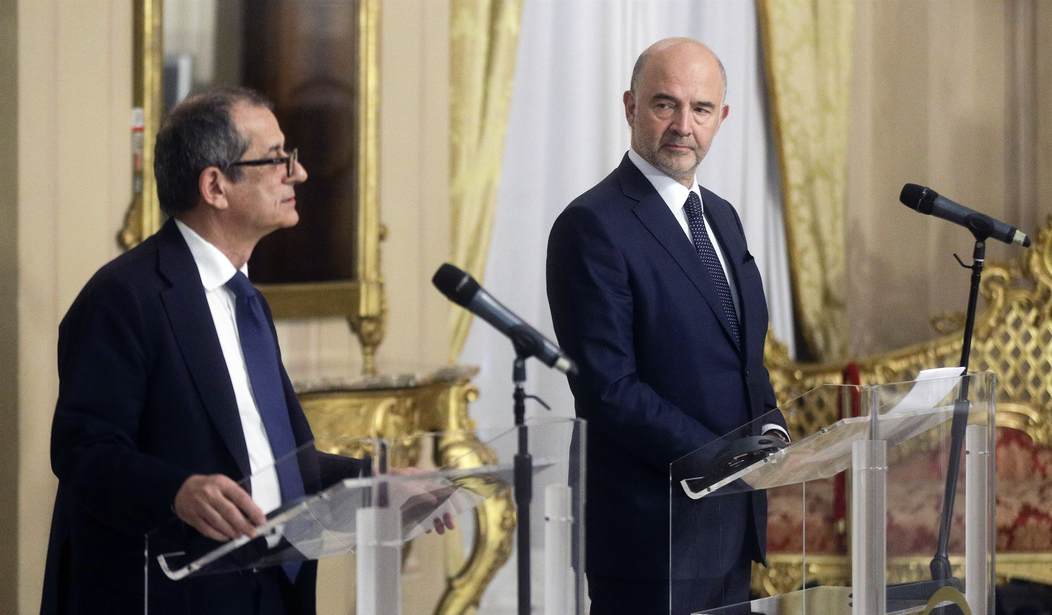American foreign relations have really cratered over the past couple of years in case you hadn’t noticed. Our ties with relatively “neutral” countries that still do business with us while perhaps not being strong “allies” have become increasingly strained. (Just look at what’s been happening in Brazil this year.) Our relationships with adversarial nations like Russia, China, and Iran (among others) have gone from situations of mostly polite disagreement to the brink of war in some areas. But at least our true allies are standing by us, right? So that’s better than nothing. But that may not actually be the case. Some of the latest plans coming out of the Biden administration reportedly have members of the European Union planning to institute major subsidies for industries in their own countries in preparation for what they are describing as America’s “existential challenge” to the European economy. So are we looking at the start of a trade war? (Politico)
The EU is in emergency mode and is readying a big subsidy push to prevent European industry from being wiped out by American rivals, two senior EU officials told POLITICO.
Europe is facing a double hammer blow from the U.S. If it weren’t enough that energy prices look set to remain permanently far higher than those in the U.S. thanks to Russia’s war in Ukraine, U.S. President Joe Biden is also currently rolling out a $369 billion industrial subsidy scheme to support green industries under the Inflation Reduction Act.
EU officials fear that businesses will now face almost irresistible pressure to shift new investments to the U.S. rather than Europe. EU industry chief Thierry Breton is warning that Biden’s new subsidy package poses an “existential challenge” to Europe’s economy.
The Biden administration is making at least some efforts to bring various aspects of industry back home to the United States and reduce our dependence on foreign markets, particularly in China. And that’s a good thing that is long overdue. Unfortunately, a disproportionate amount of the activity being targeted is once again in the “green energy” field, continuing to put downward pressure on traditional energy producers. But there is also work being done to stimulate American production of computer chips, electronics, and other aspects of the technology sector.
That has the Europeans nervous. The more America subsidizes these industrial activities, the more European investors may be tempted to invest here as well. A lot of Americans may be thinking, ‘what’s the problem? Isn’t that a good thing?‘ Well, yes it is. For us. Not so much for Europe.
This has always been a tightrope that American administrations have had to walk. You want to boost productivity and financial security at home, but you don’t want to turn it into some sort of omnipresent threat to the economies of our allies. Economic warfare tends to produce collateral damage. When too much of it takes place, your allies can start developing a roving eye and wondering if they might find a better deal elsewhere.
Germany and France in particular see this as a need to “prevent the Continent from turning into an industrial wasteland.” That may be a bit on the dramatic side, but it’s a legitimate concern for them. Europe is already facing steeper prices than we are in the energy sector because of the war in Ukraine, and they are forecasting a variety of shortages and potentially dire situations over the coming winter. So they’re looking at forming a “European Sovereignty Fund” to subsidize their own industries and keep that productivity based in Europe.
It’s hard to blame them under these circumstances. But the White House needs to tread carefully in this matter and avoid scaring off our last and best allies. If Team Biden takes too much of a ham-handed approach to this, that’s precisely what might happen.








Join the conversation as a VIP Member